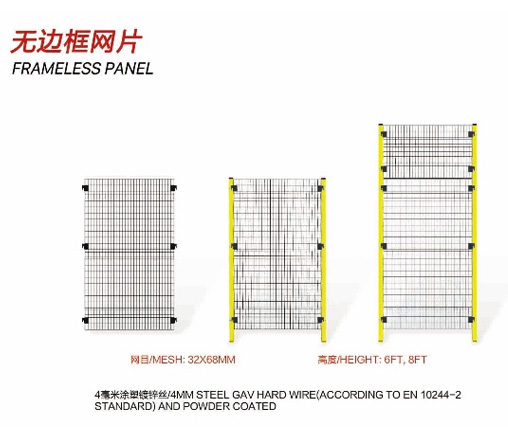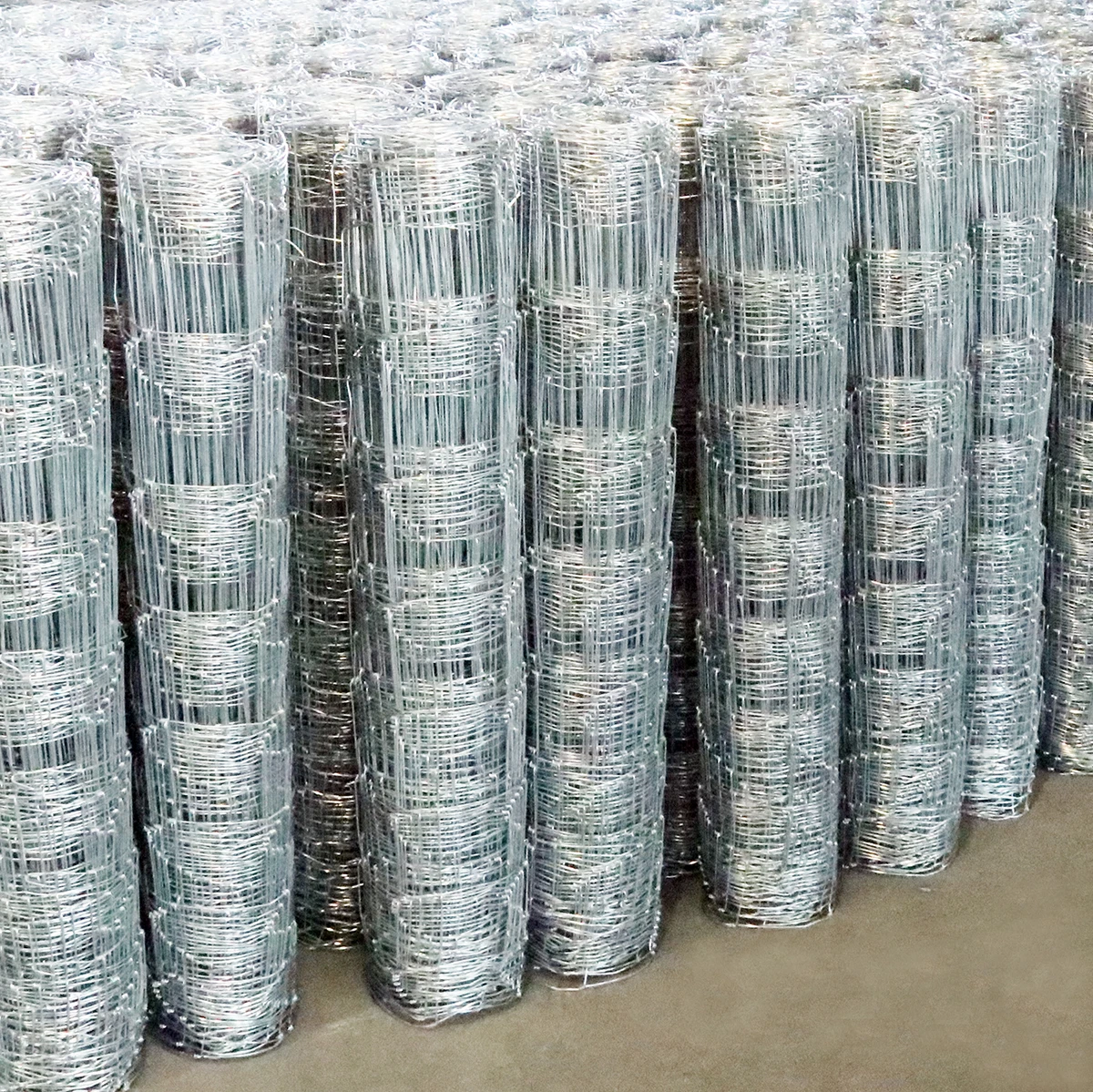aluminum common nails
Nov . 15, 2024 00:34
Understanding Aluminum Common Nails A Comprehensive Overview
Aluminum common nails are an essential component in various construction and DIY projects. These fasteners are widely appreciated for their lightweight nature, corrosion resistance, and suitability for a range of applications. In this article, we will explore the properties, advantages, applications, and considerations of using aluminum common nails.
What are Aluminum Common Nails?
Aluminum common nails are specifically designed nails made from aluminum, a lightweight metal known for its strength-to-weight ratio. These nails are typically used for fastening materials in construction, woodworking, and various repairs. They come in various sizes and gauges, making them versatile for different tasks.
Properties of Aluminum Common Nails
1. Lightweight One of the most significant advantages of aluminum common nails is their lightweight nature. This characteristic allows for easy handling and reduces the overall weight of the materials being fastened, making them ideal for applications where weight is a concern.
2. Corrosion Resistance Aluminum is naturally resistant to rust and corrosion because it forms a protective oxide layer when exposed to air. This property makes aluminum common nails an excellent choice for outdoor projects or in environments prone to moisture, such as coastal areas.
3. Non-Magnetic As aluminum is a non-magnetic metal, these nails are ideal for applications where magnetic interference could pose a problem, such as in electronic installations or certain high-tech manufacturing processes.
4. Good Conductivity Aluminum has excellent thermal and electrical conductivity. While this property is more relevant in specific applications, it can have implications for certain construction practices and materials.
5. Recycling Aluminum is a recyclable material, which makes aluminum nails an environmentally friendly choice. They can be easily melted down and repurposed, reducing waste and lessening the environmental impact of construction projects.
Advantages of Using Aluminum Common Nails
- Versatility Aluminum common nails can be used in various applications, including framing, roofing, and siding. Their range of sizes and gauges makes them suitable for both light and moderate-duty tasks.
- Ease of Use The lightweight nature of aluminum allows for easy installation. They can be driven into materials using a hammer or pneumatic nail gun without requiring excessive force.
- Low Risk of Splitting Because of their design and material, aluminum nails have a lower tendency to split wood compared to heavier steel nails. This makes them particularly valuable when working with softer woods or delicate materials.
aluminum common nails

- Aesthetic Appeal Aluminum nails are often used in visible applications where aesthetics matter. Their clean appearance can contribute to the overall look of a project, especially in woodworking and carpentry.
Applications of Aluminum Common Nails
Aluminum common nails are employed in various fields and projects
1. Construction Used for framing, roofing, or siding, aluminum nails can effectively fasten materials without the risk of rusting, ensuring long-term durability.
2. Woodworking In carpentry, aluminum nails are favored for building furniture, cabinets, and other wooden structures where a clean finish is essential.
3. Marine Applications Due to their corrosion resistance, aluminum common nails are frequently used in boat building and repairs, as they can withstand the harsh marine environment better than steel nails.
4. Home Improvement Projects DIY enthusiasts often choose aluminum common nails for various home repairs and projects due to their ease of use and less likelihood of causing damage to materials.
Considerations When Using Aluminum Common Nails
While aluminum common nails offer numerous advantages, there are some considerations to keep in mind
- Cost Aluminum nails can be more expensive than traditional steel nails. For large projects, this cost may add up, making it essential to weigh the benefits against the budget.
- Weaker Strength While aluminum is strong for its weight, it is generally less strong than steel. For heavy-duty applications or structural supports, steel nails may be a better choice.
- Limited Load-Bearing Capacity Aluminum nails may not provide the same load-bearing capacity as their steel counterparts, so they may not be suitable for certain heavy-load applications.
Conclusion
Aluminum common nails are a valuable addition to the toolkit of both professionals and DIY enthusiasts. Their lightweight, corrosion-resistant, and versatile nature makes them ideal for various applications, from construction to woodworking. While they come with some limitations, their benefits often outweigh the drawbacks, especially in specific projects. Understanding the properties and suitable applications of aluminum common nails can help ensure successful and durable construction outcomes.









 Unity
Unity Creation
Creation Challenge
Challenge Contribution
Contribution










